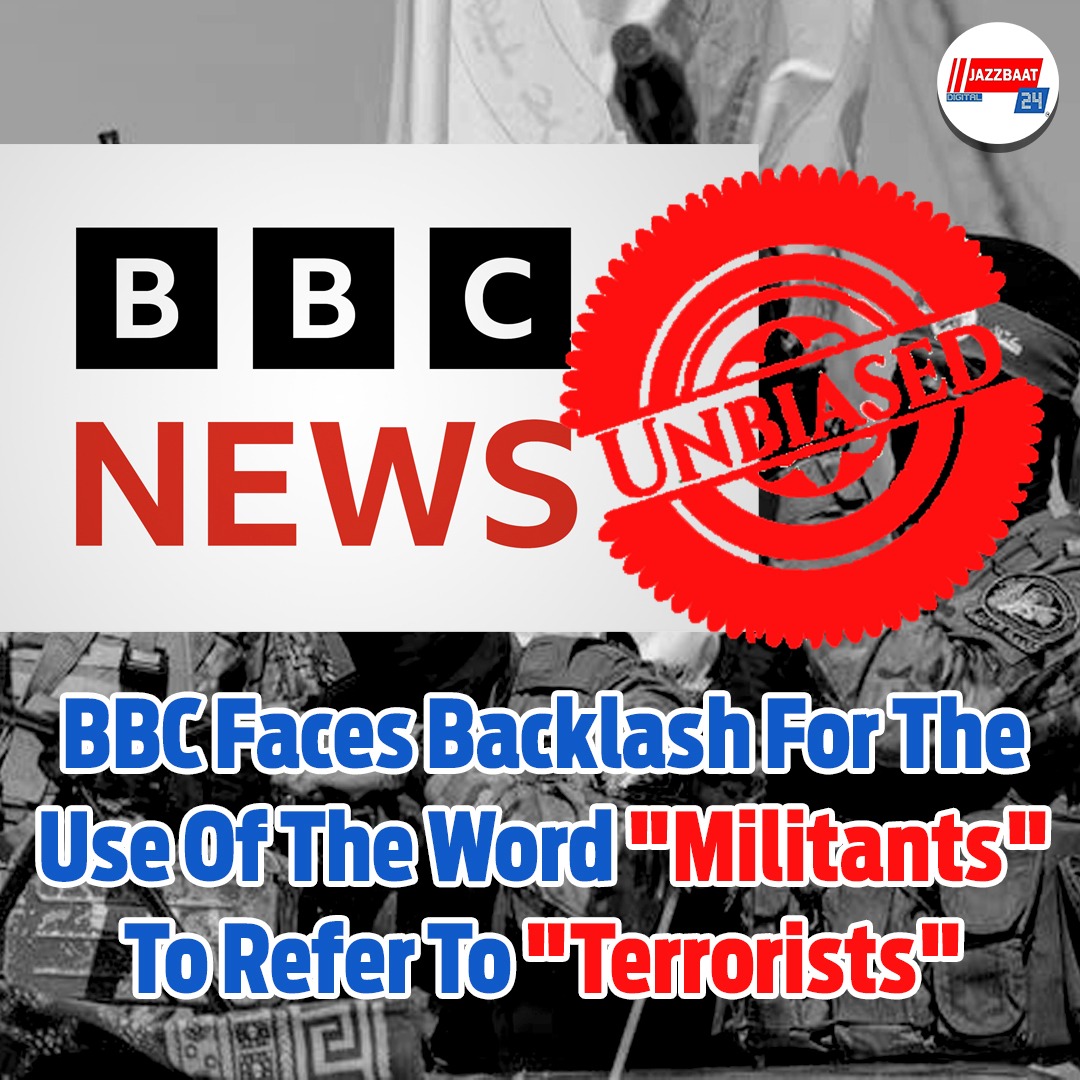
In a robust diplomatic action, the Indian government has officially written to Jackie Martin, the director general of BBC India, condemning the BBC's reporting of the Pahalgam terror attack which claimed the lives of 26 civilians.
A BBC report sparked outrage after it used the word "militants" rather than "terrorists" and also had a headline that seemed to inaccurately position India as the aggressor. People on social media and government officials marked the reporting as "misleading" and "biased," fueling calls for media accountability.
In a simultaneous crackdown on disinformation, India has blocked 16 Pakistan-based YouTube channels, including large news outlets like Dawn, Geo News, Samaa TV, Bol News, and ARY News. Personal channels of Pakistani reporters like Asma Shirazi, Umar Cheema, and Muneeb Farooq were also banned. These channels were charged with posting inflammatory, communal material and falsehoods intended to destabilize the Kashmir situation and mar Indian security agencies.
Access to these channels now shows the following message: "Content unavailable due to government order related to national security or public order."
Diplomatic Fallout Deepens
In the wake of the Pahalgam terror attack that killed many people, India suspended the Indus Waters Treaty, a significant agreement with Pakistan, and asked all Pakistani citizens to depart from the country within given timelines. In response, Pakistan suspended all bilateral agreements, including the landmark Simla Agreement.
Border tensions escalated, with the Pakistani side allegedly breaching the ceasefire on several occasions on the Line of Control (LoC) and trying to corner Indian forces. Security agencies are on high alert in all border areas.
Government sources stress that these stringent steps are being taken to safeguard national security, preclude communal tensions, and issue a stern warning against terrorism and false propaganda.